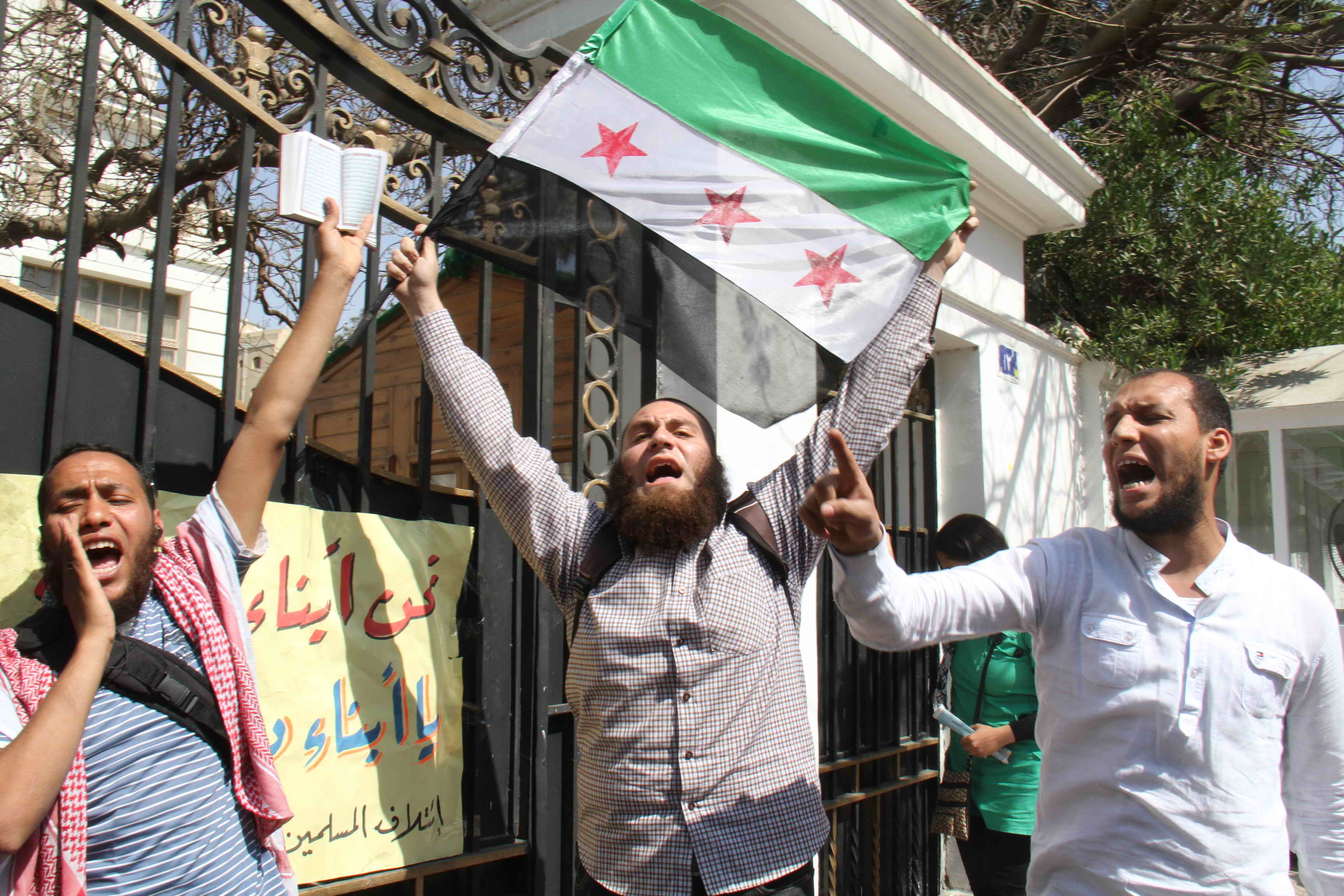
By Dr Cesar Chelala
“I have tried to defend the legitimate right that every people in this world should have, which is the right to live freely with full civil rights. With all these miseries and tragedies, I have never used a weapon to fight these atrocious crimes except the pen,” wrote Hashem Shaabani, a young Iranian Ahwazi Arab poet from an Iranian prison. On 27 January 2014 he was hanged along with 14 other prisoners, accused of “waging war on God”.
Radio Free Europe reported that he had been sentenced by an Islamic Revolutionary Tribunal. Shaabani’s fate was shared by dozens of killings of Ahwazis, many of them on trumped up charges. There have been demonstrations in Iran against the Iranian government’s discrimination against its Arab minority, particularly regarding employment, housing and basic civil and political rights.
Repression against Ahwazis has been brutal. This fact has been repeatedly denounced by Human Rights Watch, which has called on Iranian authorities to allow independent international media and human rights organisations access to investigate allegations of serious rights violations in Khuzestan province. Khuzestan, where most Ahwazi Arabs live in Iran, is located in the southwest of the country and is rich in oil and gas.
The Iranian government discriminates against anyone who is not Persian, says Taha Amjad, a spokesman for the London-based European Ahwazi Human Rights Organization [EAHRO].” It is telling that, although Kuzhestan is rich in oil and gas, its people are among the poorest in the country, and have very low literacy levels.
Joe Stork, Deputy Middle East Director at Human Rights Watch states: “The high number of reported arrests and killings in Khuzestan province in recent years, combined with the information blackout, suggests that the government has terrible things it wants to hide. Simple justice requires the authorities to open independent and transparent investigations into the fate of those arrested and the allegations of torture.” On 5 February, Freedom House, a human rights organisation, reported that Shaabani was subjected to intense torture and interrogation while in prison.
Rouhani has not been able to stop executions since assuming office. Ahmed Shaheed, the United Nations Special Rapporteur on the situation of human rights in Iran and Christof Heynes, the United Nations Special Rapporteur on extrajudicial, summary or arbitrary executions, urged the Iranian government in January to stop the increasing number of hangings in the country.
Both experts claim that at least 40 persons have been hanged in the first two weeks of January. In 2013, 625 people were executed in Iran, including 29 women and several political prisoners. They were accused of Moharabeh, which many consider a political charge dressed as a religious offense.
This is the argument the Islamic Republic of Iran uses to purge political dissidents, ethnic and religious minorities and all those it perceives as its enemies. In this regard, Christof Heynes has stated: “It is deeply concerning that the government proceeds with executions for crimes that do not meet the threshold for the ‘most serious crimes’ as required by international law and when serious concerns remain about due process rights.”
Amir Taheri, a famous Iranian journalist, was the first to report on Shaabani’s execution. According to Taheri, he is not the first poet to be murdered by the mullahs in Iran. He wrote that former President Hashemi Rafsanjani had eliminated more than a dozen writers and poets.
He also stated that the worst wave of killings happened under former Iranian President Mohammad Khatami, who had ordered the execution of more than 80 Iranian intellectuals, including the poets Mohammad Mokhtari and Muhammad-Ja’far Pouyandeh. These poets were probably in Shaabani’s mind when he wrote essays critical of the treatment of minorities in Iran, including “hideous crimes against Ahwazis perpetrated by the Iranian authorities.”
That the Iranian government was unable to accept Shaabani’s criticism says a lot about the state of human rights in Iran. It is a sad time when Iran, birthplace of humanity’s great and most revered writers and intellectuals, decides instead to kill its own poets.
Dr Cesar Chelala is a co-winner of an Overseas Press Club of America award.




